The video game industry is a global powerhouse, driven by some of the biggest companies creating unforgettable experiences for players. From groundbreaking franchises to cutting-edge technology, these companies shape how millions of people interact with games across consoles, PCs, and mobile devices. With billions in revenue and millions of fans worldwide, they continuously innovate and expand their influence in entertainment. Some are household names known for iconic titles, while others lead through platforms and services that connect players everywhere. Understanding the largest video game companies gives insight into the creativity and technology fueling this dynamic industry.
Tencent Games

Tencent Games, a division of the Chinese conglomerate Tencent Holdings, is the largest video game company globally by revenue. It generated over $32 billion in 2023, primarily through mobile and online gaming. Tencent owns Riot Games, the developer of League of Legends, and holds stakes in companies like Epic Games, Activision Blizzard, and Supercell. The company is also the publisher of Honor of Kings, one of the most profitable mobile games worldwide. Its influence extends to e-sports, streaming, and gaming platforms, making it a leader in gaming ecosystems. Tencent’s strategic acquisitions and partnerships have cemented its dominance in multiple gaming markets. With a global presence, it continues to shape the gaming industry at an unprecedented scale.
Sony Interactive Entertainment
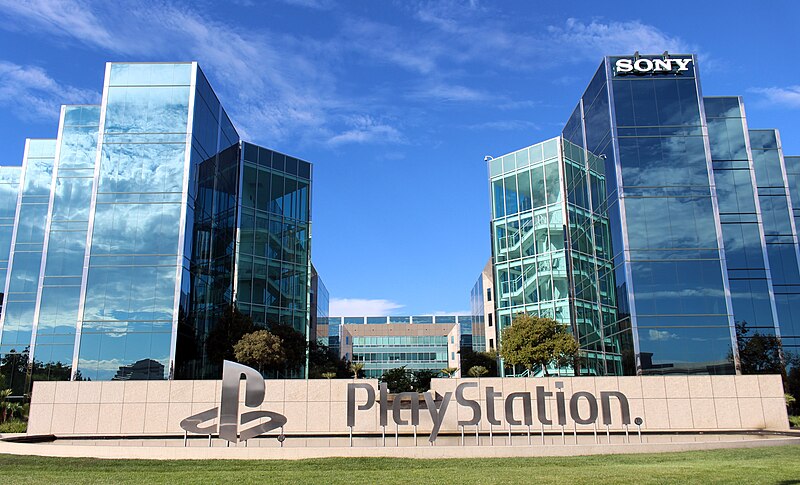
Sony Interactive Entertainment, headquartered in Japan, is a gaming powerhouse, boasting over $20 billion in annual revenue. As the creator of the PlayStation console, Sony has sold over 500 million units since its launch in 1994. Exclusive titles like The Last of Us and God of War further enhance its brand loyalty. The PlayStation Network, with over 100 million monthly users, adds a recurring revenue stream from subscriptions and online purchases. Sony’s investment in virtual reality with the PlayStation VR sets it apart in the hardware sector. The company also owns several game studios, including Naughty Dog and Insomniac Games. Its focus on innovation and storytelling keeps it a market leader.
Apple
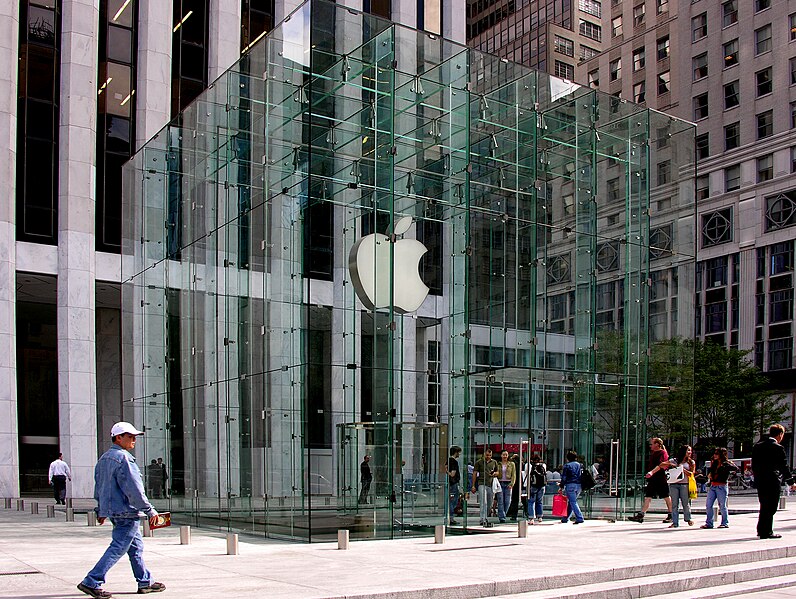
Although primarily a technology company, Apple is one of the largest gaming companies due to its App Store gaming revenue, which exceeds $15 billion annually. Mobile games like Clash of Clans, PUBG Mobile, and Genshin Impact thrive on Apple’s iOS platform. The company earns a 30% cut from in-app purchases, which contributes significantly to its gaming revenue. Apple Arcade, a subscription service, offers ad-free gaming experiences, further solidifying its position in the industry. The iPhone and iPad’s popularity as gaming devices also play a crucial role in its success. Apple’s seamless ecosystem encourages developers to prioritize iOS gaming experiences. Despite not developing games itself, Apple is a key player in the gaming market.
Microsoft
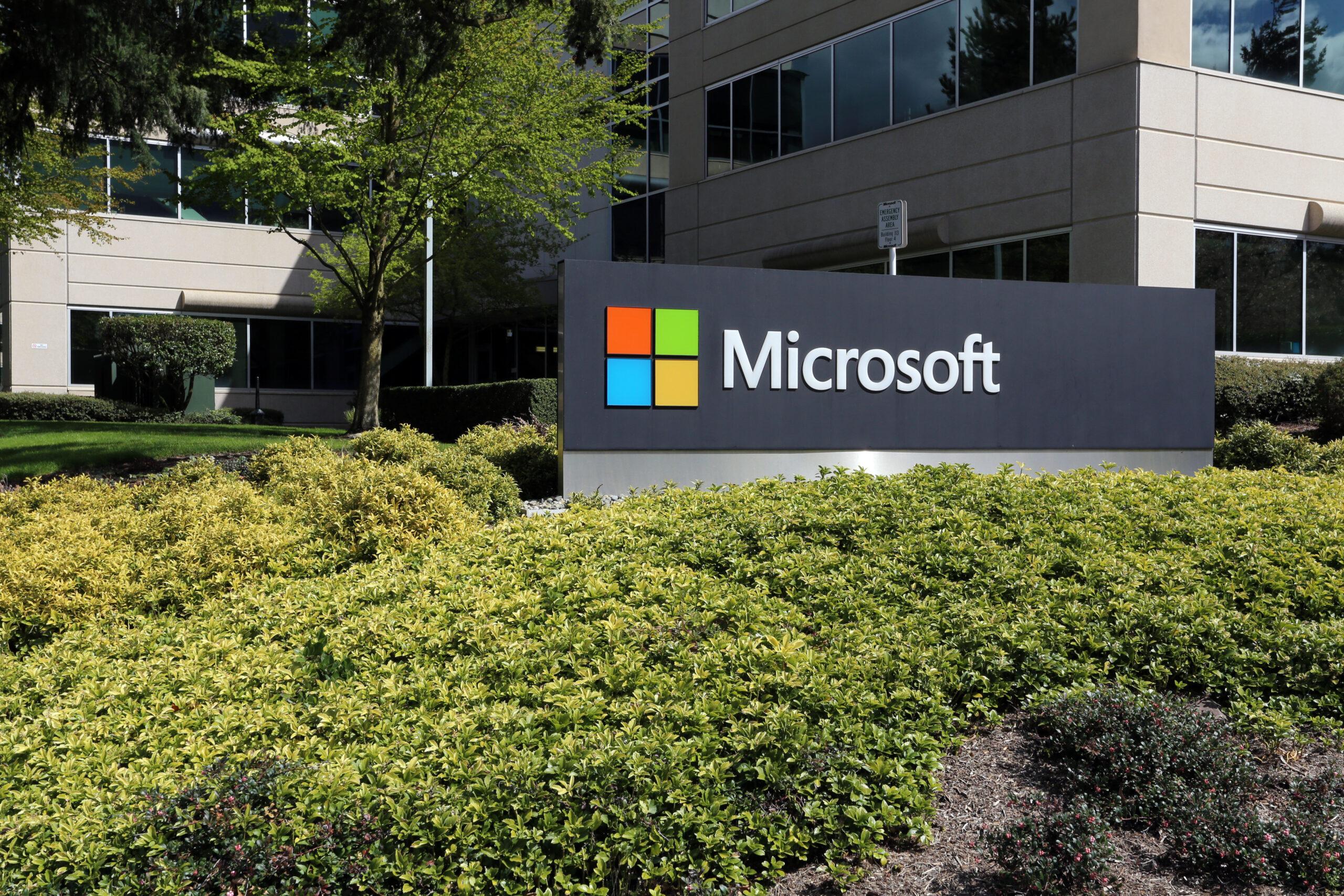
Microsoft, the creator of Xbox, is a major force in the gaming industry, generating over $16 billion in revenue in 2023. Its Xbox Game Pass service, with over 25 million subscribers, has revolutionized gaming by offering a Netflix-like model. Microsoft owns several prominent studios, including Mojang, the creators of Minecraft, and Bethesda, known for The Elder Scrolls and Fallout series. With the acquisition of Activision Blizzard, Microsoft’s portfolio now includes titles like Call of Duty and World of Warcraft. The Xbox Series X and S continue to compete with Sony’s PlayStation consoles. Cloud gaming through Xbox Cloud Gaming is another focus for the company. Microsoft’s integration of gaming with its Azure cloud platform makes it a unique player.
Activision Blizzard
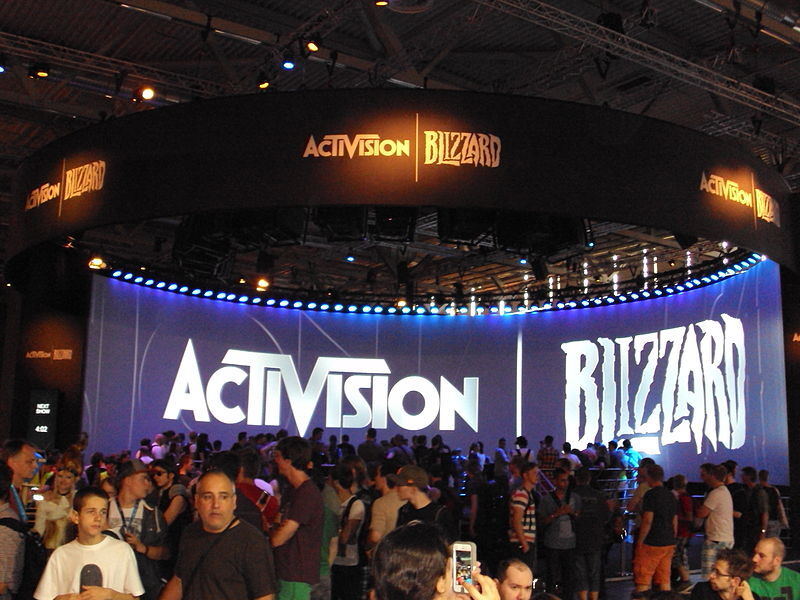
Activision Blizzard is a titan in the gaming world, with annual revenues exceeding $8 billion. Known for iconic franchises like Call of Duty, World of Warcraft, and Overwatch, it dominates various gaming genres. The company also owns King Digital Entertainment, the creator of the wildly popular Candy Crush Saga. Activision Blizzard generates revenue from game sales, microtransactions, and e-sports events. Its merger with Microsoft in 2023 has further elevated its capabilities and reach. Despite controversies, the company remains a leader in innovation and player engagement. Its robust lineup of franchises continues to attract millions of players globally.
Nintendo
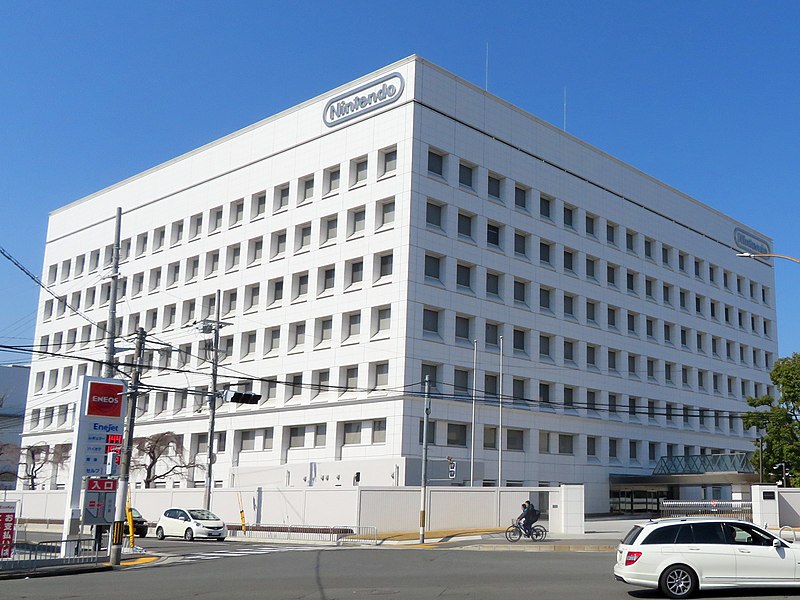
Nintendo, the legendary Japanese gaming company, earns over $12 billion annually, making it a cornerstone of the gaming industry. Iconic franchises like Mario, Zelda, and Pokémon have defined generations of gamers. The Nintendo Switch, a hybrid console, has sold over 130 million units, solidifying its place in gaming history. Nintendo excels in family-friendly and accessible gaming experiences, setting it apart from competitors. Its innovative hardware, such as the Wii and DS series, revolutionized how people interact with games. The company also generates revenue through licensing deals and its subscription service, Nintendo Switch Online. As a pioneer in creativity and fun, Nintendo’s influence is unmatched.
Electronic Arts (EA)
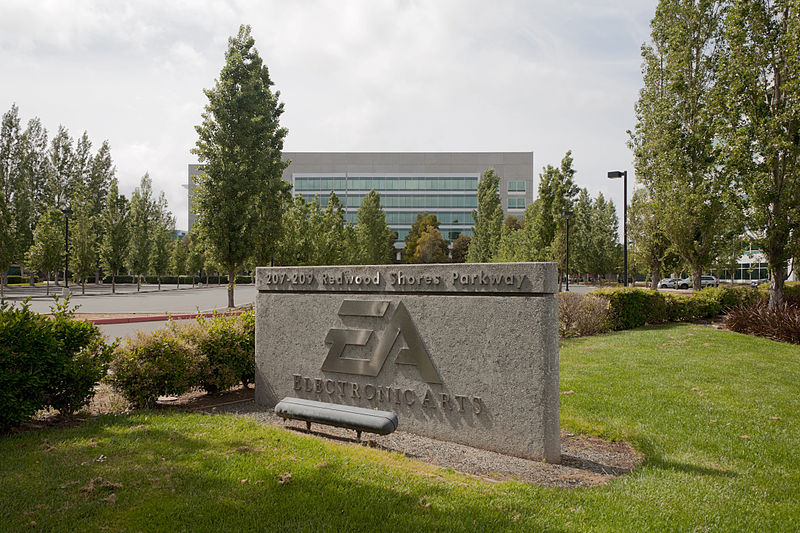
Electronic Arts, or EA, is an American video game company generating approximately $7 billion annually. It is renowned for its sports franchises like FIFA, Madden NFL, and NBA Live. EA also publishes popular titles such as The Sims, Battlefield, and Apex Legends. With its EA Play subscription service, the company provides affordable access to its game library. Microtransactions and live services contribute significantly to its revenue. EA’s focus on high-quality graphics and gameplay mechanics keeps its titles competitive. The company’s global reach ensures its dominance in both casual and professional gaming markets.
Epic Games
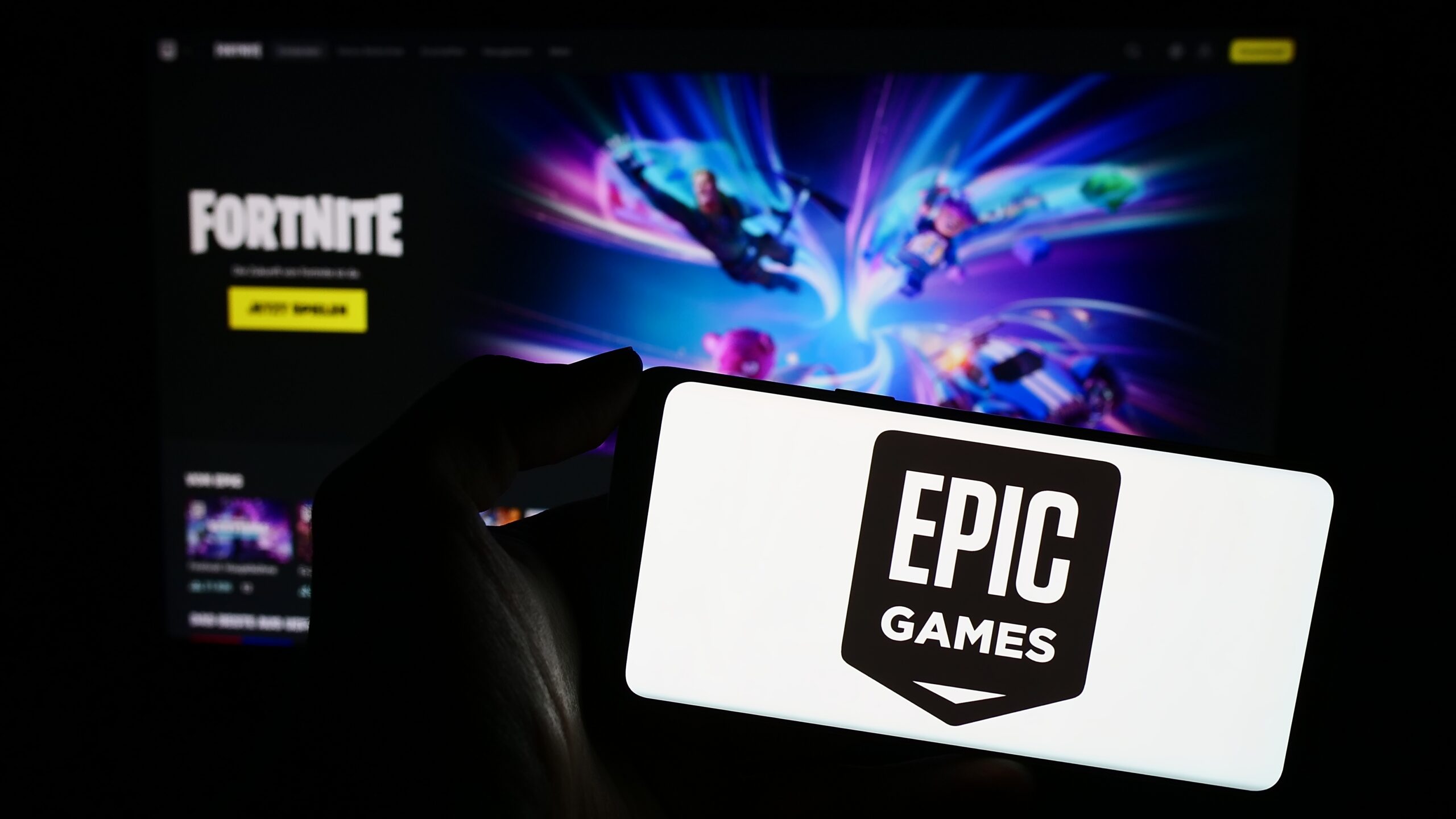
Epic Games, the creator of Fortnite, earns over $6 billion annually, largely due to its groundbreaking success in live-service gaming. The Unreal Engine, developed by Epic, is a cornerstone of modern game development, powering titles across the industry. The company’s Epic Games Store challenges established digital storefronts with competitive revenue splits. Epic also focuses on metaverse experiences, blending gaming with virtual social interactions. Its collaborations with major brands for Fortnite have set a new standard for live events. Epic’s ability to innovate ensures its prominent place in gaming. With investments from Tencent, Epic’s global presence continues to grow.
Take-Two Interactive
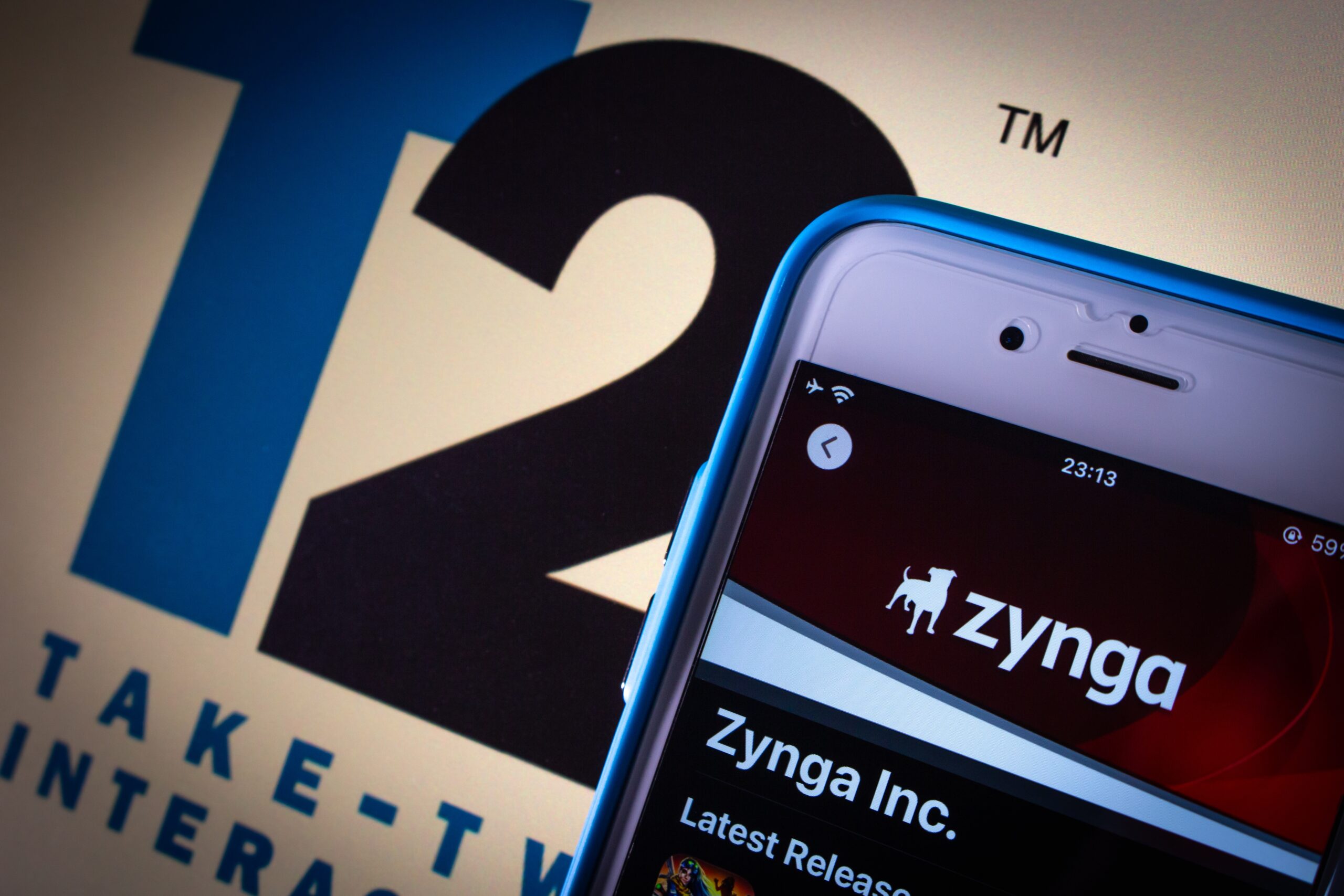
Take-Two Interactive, an American company, generates around $5 billion annually, driven by its subsidiaries Rockstar Games and 2K Games. Rockstar’s Grand Theft Auto and Red Dead Redemption series are cultural phenomena. 2K Games excels in sports titles like NBA 2K and strategy games like Civilization. Take-Two’s acquisition of Zynga has expanded its presence in mobile gaming. Microtransactions and downloadable content (DLC) provide recurring revenue streams. The company is also known for its meticulous attention to storytelling and world-building. Its commitment to high-quality experiences makes it a leader in the industry.
Bandai Namco Entertainment
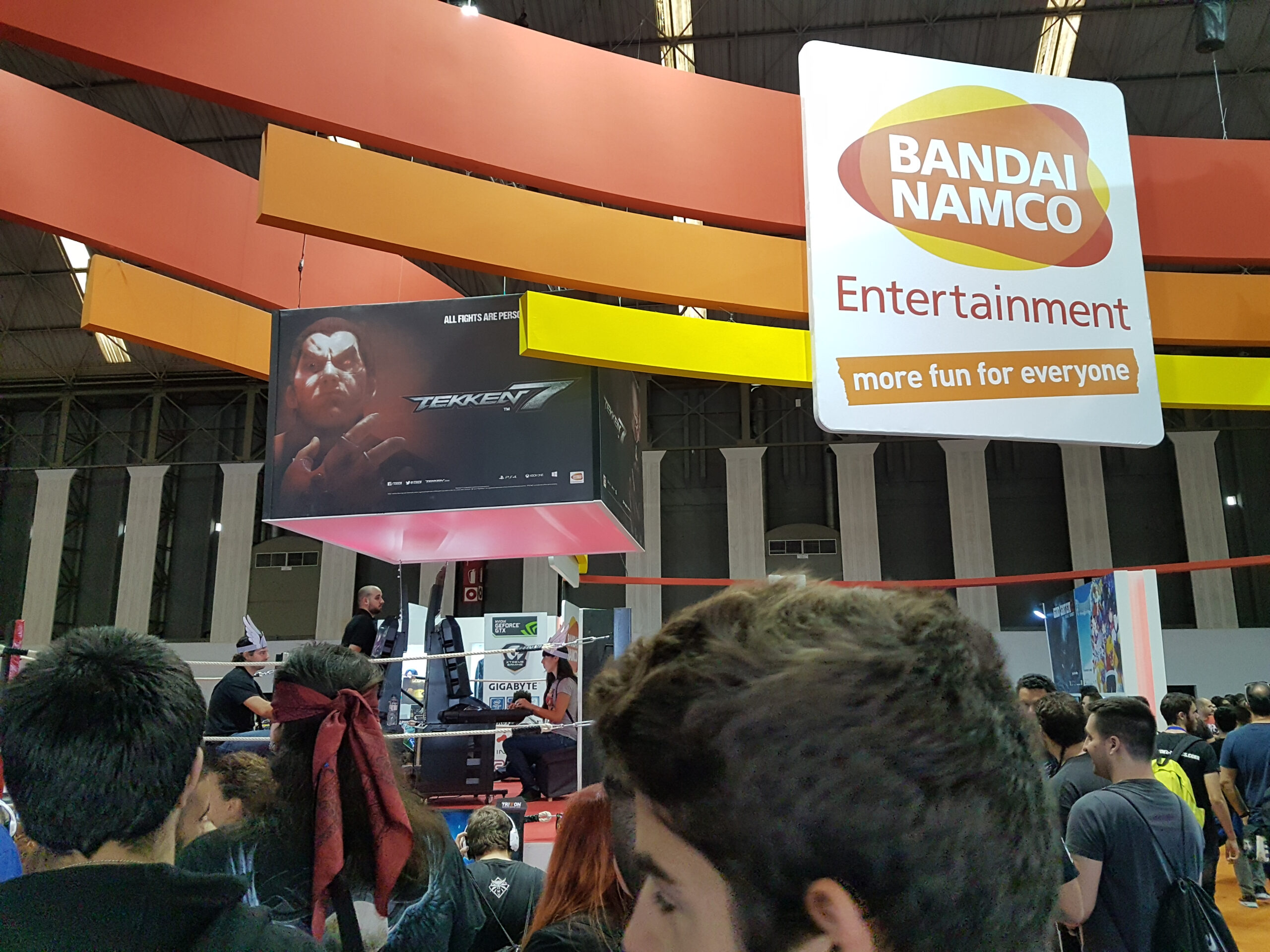
Bandai Namco, based in Japan, earns over $3 billion annually, with a focus on anime-inspired games and multimedia franchises. The company is known for titles like Tekken, Pac-Man, and Dark Souls. Its strong connection to anime properties like Dragon Ball and Naruto has garnered a dedicated fanbase. Bandai Namco also produces toys, arcade machines, and theme park attractions, diversifying its revenue streams. Its mobile gaming segment is particularly lucrative in Asia. The company invests heavily in creating immersive experiences across platforms. Bandai Namco’s blend of nostalgia and modernity ensures its lasting appeal.
Ubisoft

Ubisoft, a French video game company, generates over $2 billion annually with a focus on open-world and narrative-driven games. It is best known for franchises like Assassin’s Creed, Far Cry, and Tom Clancy’s Rainbow Six. With over 40 development studios worldwide, Ubisoft employs thousands of developers, making it one of the largest gaming companies by workforce. The company excels in creating expansive game worlds that captivate millions of players globally. Ubisoft’s commitment to cross-platform gameplay and live-service models has expanded its audience. Its innovative subscription service, Ubisoft+, provides access to a vast game library. Despite competition, Ubisoft remains a leader in immersive gaming experiences.
Square Enix
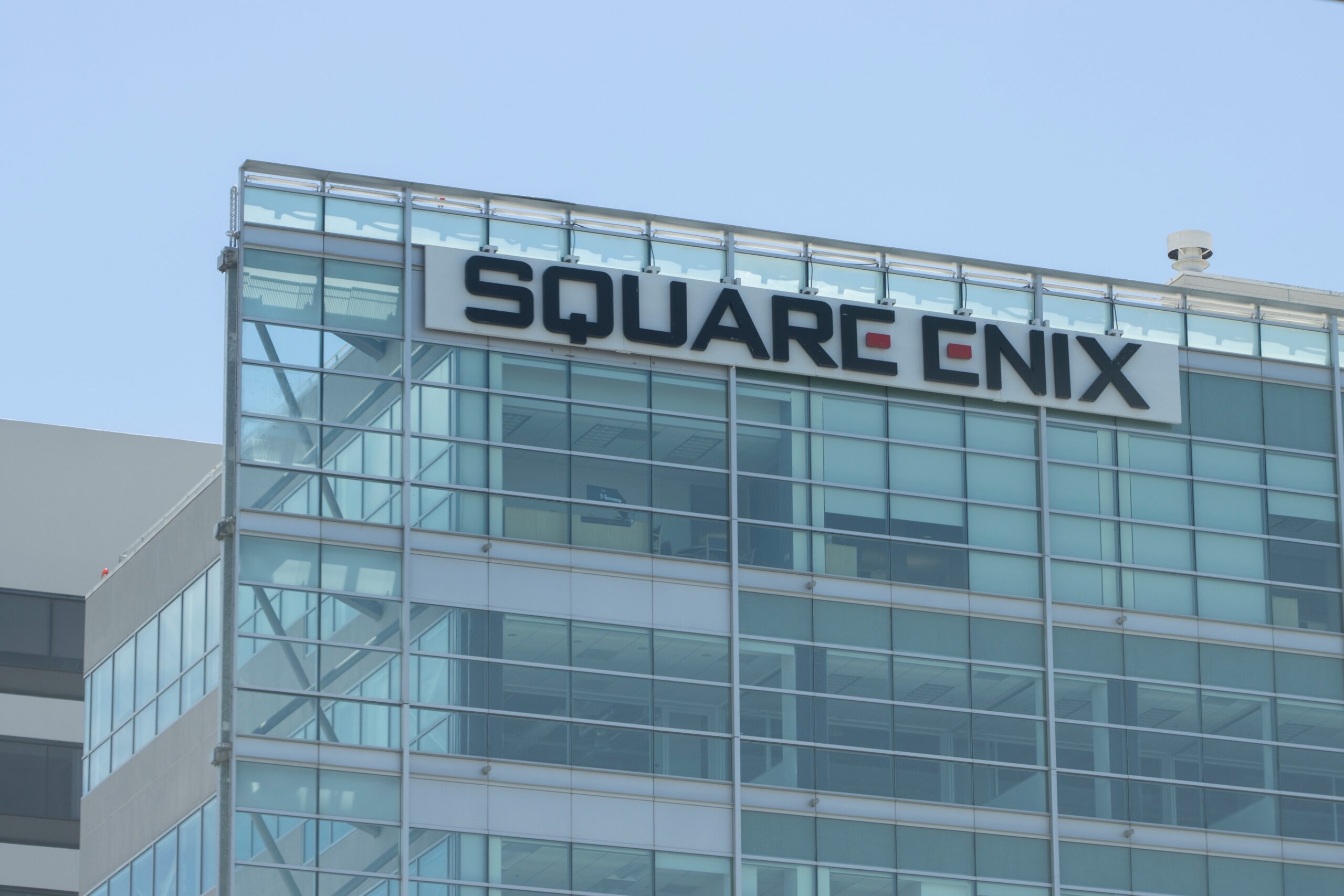
Square Enix, based in Japan, earns over $2.5 billion annually, largely due to its iconic role-playing game (RPG) franchises. Titles like Final Fantasy, Dragon Quest, and Kingdom Hearts have cemented its reputation for storytelling and artistry. The company is a pioneer in blending cinematic narratives with gameplay. It also excels in mobile and online gaming, particularly in the Asian market. Square Enix’s innovative remakes of classic games appeal to nostalgic gamers and new audiences alike. Its commitment to high-quality graphics and music enhances its titles’ immersive appeal. Square Enix’s legacy ensures its influence remains strong in the global gaming industry.
NetEase Games
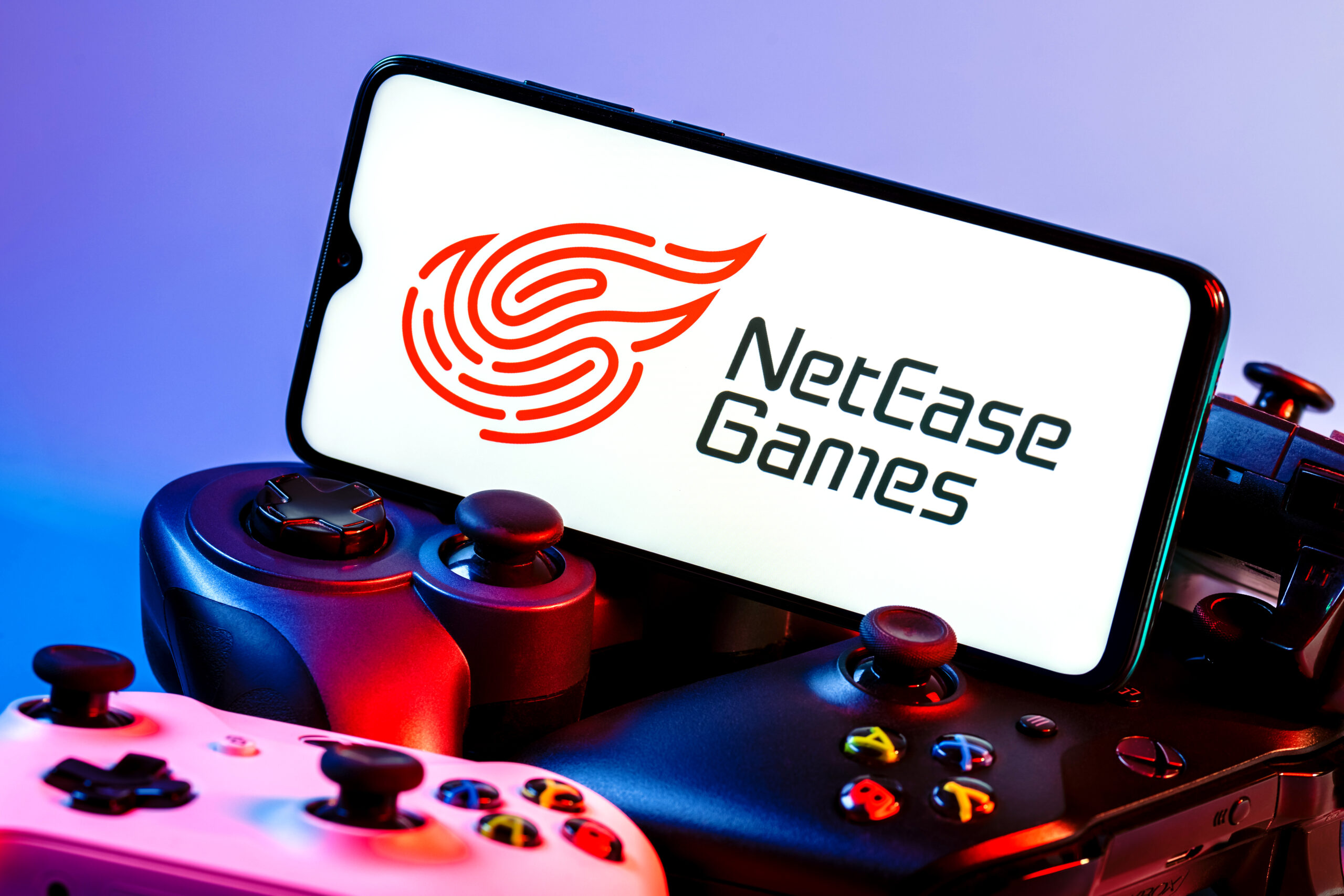
NetEase, a Chinese video game company, generates over $10 billion annually, primarily through mobile and PC games. Known for titles like Identity V and Knives Out, it dominates the mobile gaming market. NetEase has also collaborated with Blizzard Entertainment to operate World of Warcraft in China. The company invests heavily in artificial intelligence and cloud gaming to enhance player experiences. Its partnership with Marvel and other global brands showcases its expanding influence. NetEase’s focus on innovation ensures it remains competitive in a rapidly evolving industry. Its contributions to e-sports and virtual worlds add further dimensions to its success.
Roblox Corporation
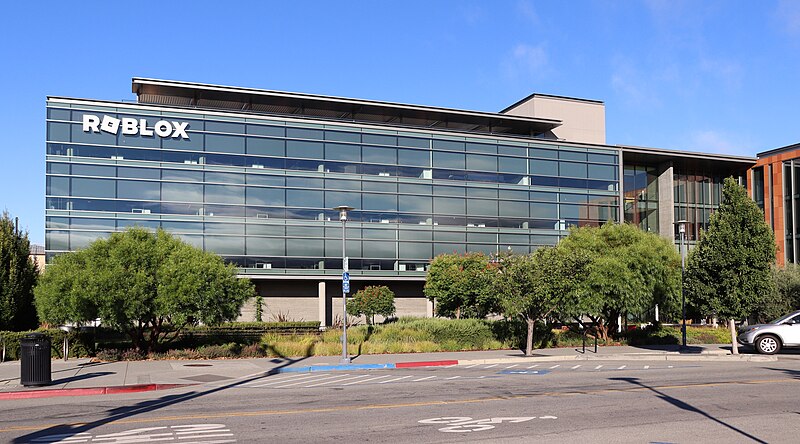
Roblox Corporation, an American company, earns over $2 billion annually by revolutionizing user-generated content. Its platform, Roblox, allows players to create and share games, fostering a creative community. Roblox’s emphasis on virtual social experiences has made it a metaverse frontrunner. The company earns revenue from in-game purchases using its virtual currency, Robux. With millions of daily active users, mostly young audiences, Roblox is a cultural phenomenon. Its partnerships with major brands for in-game events enhance its global appeal. Roblox’s innovative approach to gaming continues to redefine industry norms.
CD Projekt

CD Projekt, a Polish company, generates around $600 million annually but wields significant cultural influence. Known for The Witcher series and Cyberpunk 2077, it excels in creating complex narratives and detailed game worlds. The company’s commitment to player-focused policies, such as DRM-free games on its GOG.com platform, has earned widespread respect. CD Projekt invests heavily in cinematic storytelling and world-building. Despite challenges with Cyberpunk 2077’s launch, it has regained trust through updates and transparency. The company remains a symbol of innovation and quality in European game development. CD Projekt’s influence is amplified by its loyal fanbase.
Sega Sammy Holdings
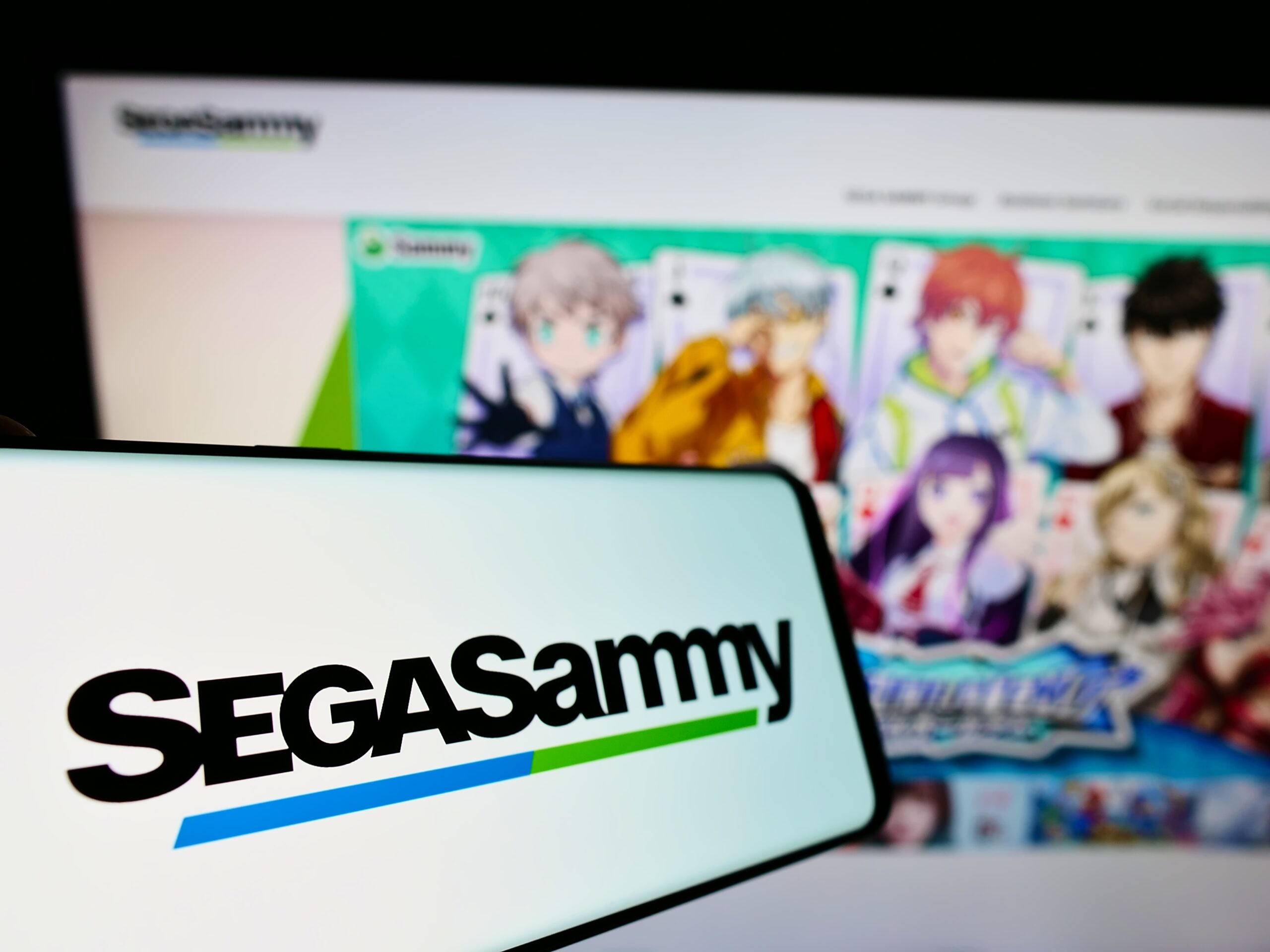
Sega Sammy, based in Japan, generates over $2 billion annually, blending gaming and entertainment. Sega’s iconic mascot, Sonic the Hedgehog, has become a global cultural symbol. The company is renowned for arcade games, console titles, and PC franchises like Yakuza and Persona. Sega also operates amusement facilities, pachinko machines, and theme parks, diversifying its income. Its acquisition of Atlus expanded its RPG offerings and global reach. Sega’s focus on nostalgia, combined with modern innovations, keeps its fanbase engaged. The company’s adaptability ensures its relevance in an ever-changing industry.
Embracer Group
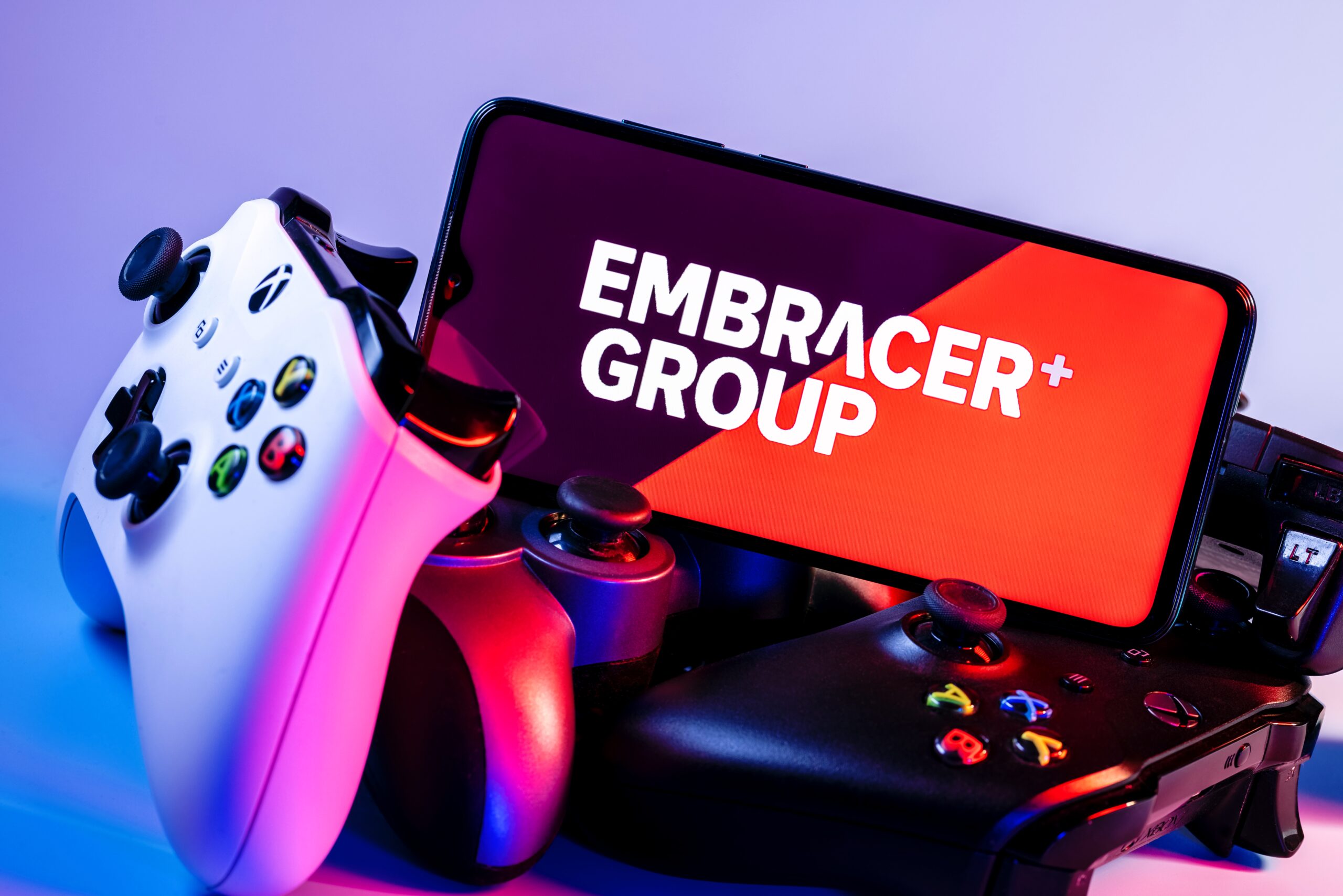
Embracer Group, based in Sweden, is a rapidly growing video game company with over 120 development studios worldwide. It generates approximately $1.8 billion annually through diverse franchises like Borderlands, Saints Row, and Metro. Embracer’s strategy involves acquiring studios and intellectual properties to expand its portfolio. Its games cater to various audiences, from indie enthusiasts to AAA players. The company focuses on revitalizing classic titles, appealing to nostalgic gamers. Embracer’s decentralized approach allows creative freedom for its studios. This unique model positions it as a major force in global gaming.
Capcom
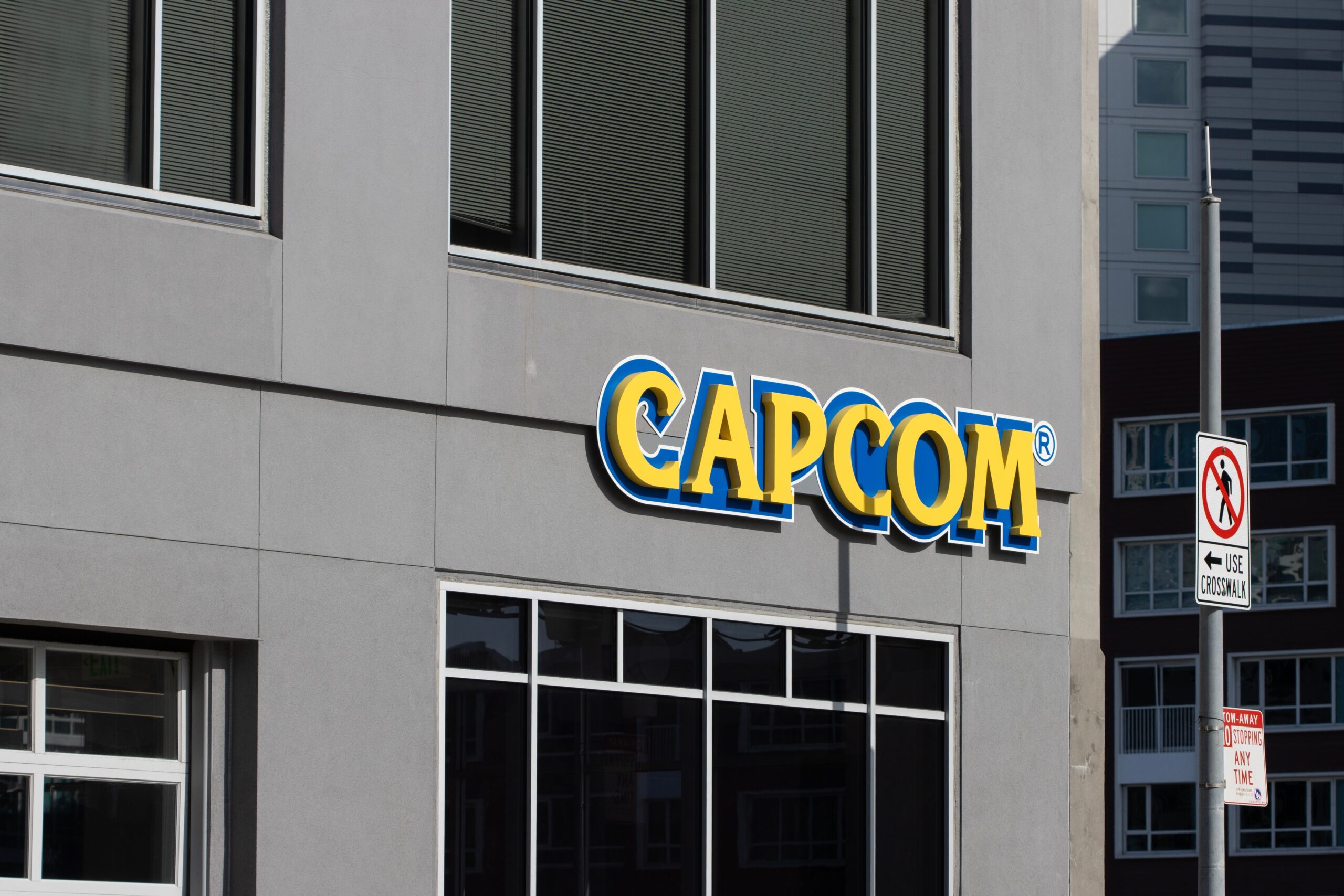
Capcom, a Japanese company earning over $1 billion annually, is celebrated for franchises like Resident Evil, Street Fighter, and Monster Hunter. It excels in creating engaging gameplay mechanics and rich storytelling. Capcom’s commitment to remastering classic titles has kept its legacy alive. Its games often feature innovative technology, including photorealistic graphics and advanced AI. The company also thrives in the mobile and arcade markets, particularly in Asia. Capcom’s consistent quality and creativity make it a fan favorite. Its focus on delivering memorable experiences ensures its continued success.
Konami
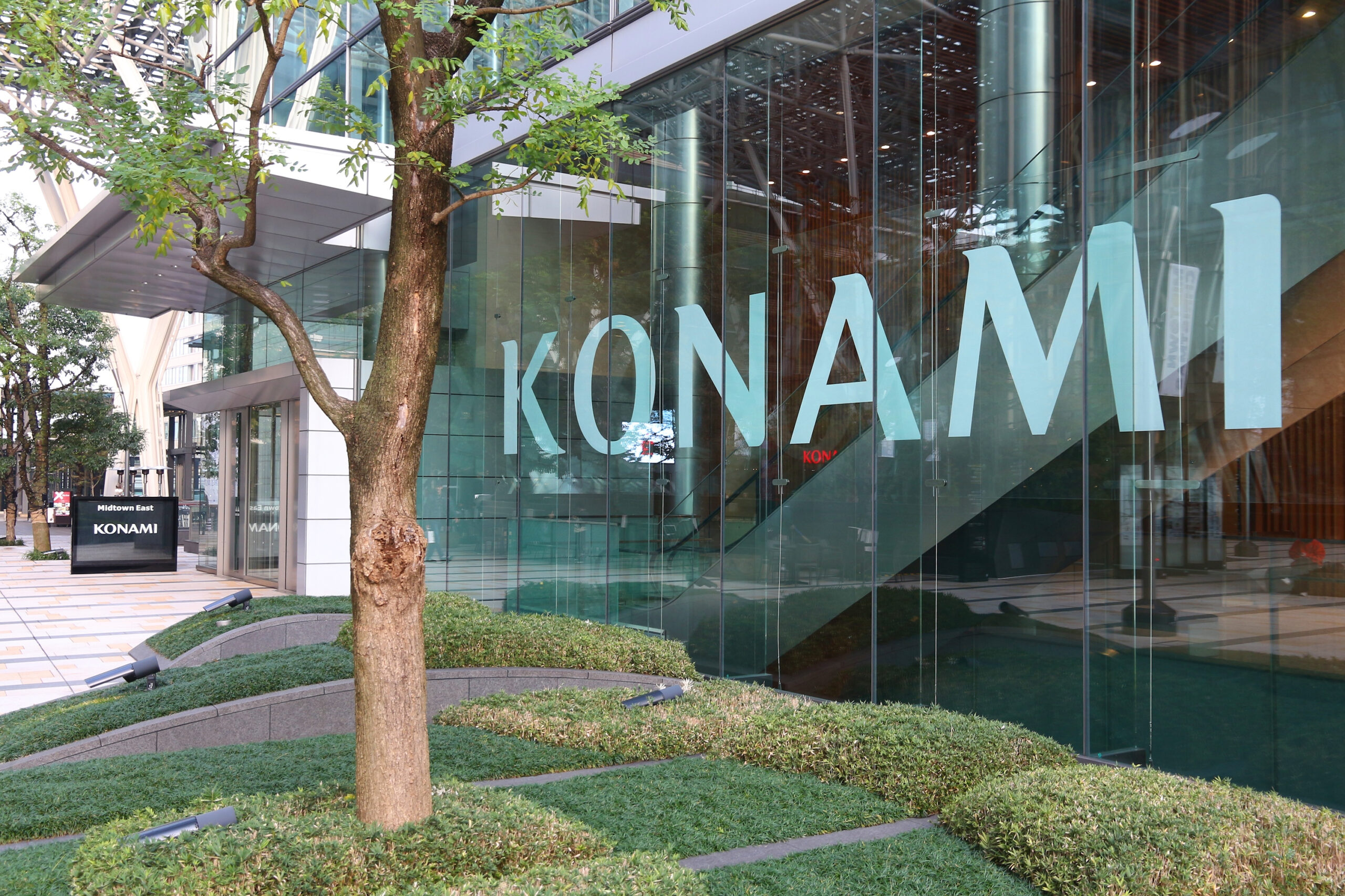
Konami, based in Japan, generates over $1 billion annually, blending gaming with fitness and entertainment. Known for franchises like Metal Gear Solid, Castlevania, and Pro Evolution Soccer, it has a rich legacy. Konami’s focus on mobile gaming and pachinko machines diversifies its revenue streams. The company invests in esports, particularly with its soccer and trading card games. Despite shifts in focus, Konami remains a respected name in the gaming industry. Its dedication to innovation ensures its classic franchises stay relevant. Konami continues to balance its gaming and non-gaming ventures effectively.
Bethesda Softworks
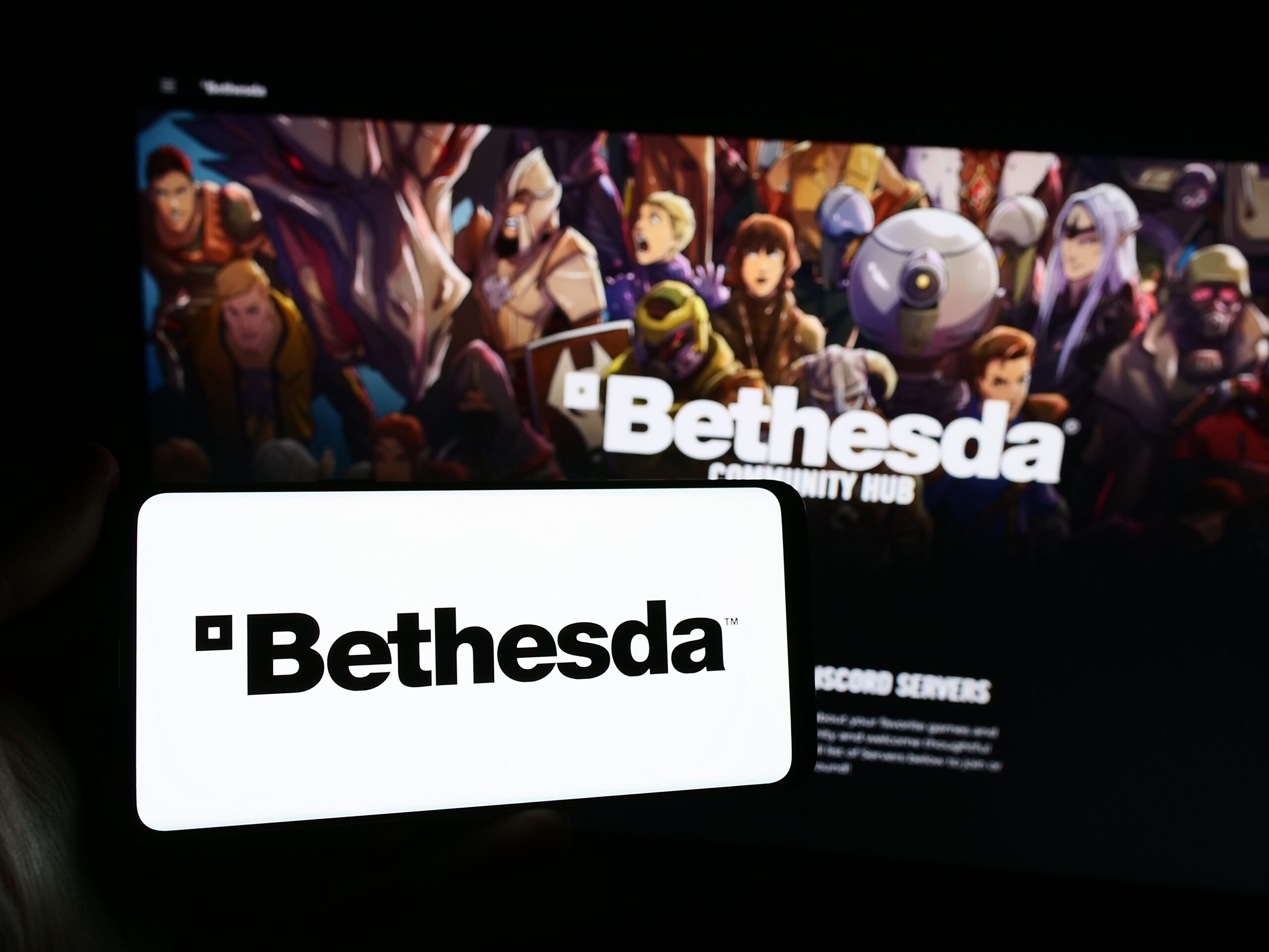
Bethesda Softworks, a subsidiary of ZeniMax Media (now owned by Microsoft), generates over $1 billion annually through iconic franchises. Known for The Elder Scrolls and Fallout, Bethesda excels in creating expansive, immersive worlds. Its innovative approach to modding has fostered a dedicated community of players. Bethesda’s acquisition by Microsoft has bolstered its resources and capabilities. Upcoming projects like Starfield and The Elder Scrolls VI promise to elevate its influence further. The company’s focus on player freedom and storytelling sets it apart. Bethesda remains a cornerstone of the RPG genre.
This article originally appeared on Rarest.org.
More From Rarest.Org
Stadiums are more than just venues for soccer games; they’re iconic structures that bring together fans from all over the world, creating unforgettable experiences. The largest soccer stadiums on the planet stand out not only for their massive capacities but also for their unique designs, historical significance, and the passionate energy they hold within their walls. Read more.
Some birds are more than just feathers and flight; they’re masters of survival, adapting clever tactics to thrive in harsh environments and outsmart predators. From tool use to ingenious hunting strategies, these resourceful creatures have evolved remarkable ways to find food, stay safe, and even raise their young in challenging conditions. Read more.
Superyachts have become the ultimate symbol of luxury and power, designed with an extraordinary blend of opulence, advanced technology, and performance. Each of these vessels showcases meticulous craftsmanship from some of the world’s most renowned shipyards, like Lürssen, Oceanco, and Blohm + Voss. Read more.



